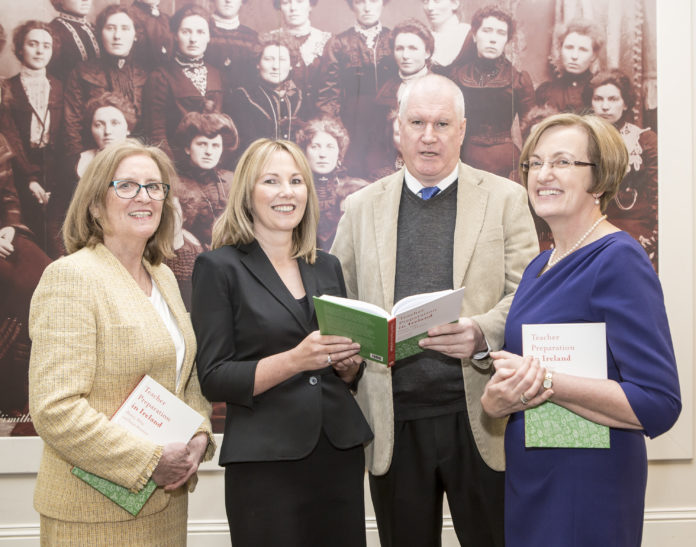
Just over fifty years ago, the then Fianna Fáil Minister for Education Donogh O’Malley announced plans for free second-level education, a move that was probably the most significant initiative taken in regard to education in Ireland following Independence from Britain in 1922 to the present.
At the time, about a third – or 17,000 children – who finished primary school were dropping out of education; at 15 years of age fewer than 50 per cent were still in full-time education. Within a decade of the policy change, participation rates in second-level had doubled. Today, Ireland has one of the highest rates of second-level completion in the EU, with more than 90 per cent of the population completing the Leaving Cert.
According to the authors of a recent publication, teacher education in Ireland over the last decade has become an issue of public policy. This activity has now become the subject of much comment and debate. Teacher Preparation in Ireland: History, Policy and Future Directions written by Professor Teresa O Doherty, Dean of Education, Mary Immaculate College (MIC); Professor Judith Harford, UCD and Professor Thomas O Donoghue, University of Western Australia, provides a worthy contribution to this debate.
The publication, which was launched in MIC by Professor Kathy Hall from UCC, relates to the introduction of the ‘free education’ introduced in 1967, providing an exposition on the nature of teacher preparation for teaching in primary and second-level schools both before and after the initiative was taken. It traces the history of teacher preparation through a number of different stages.
One of the authors Professor Teresa O Doherty said she hopes to “provide a history of teacher education which would be useful to the policy makers, so that armed with a sound knowledge of the background of programmes and colleges, they could better understand the radical developments which are occurring”.
Launching the publication Professor Hall referred to the book as being “a fabulously rich resource for anyone seeking to understand what shaped teacher education in Ireland over the past century.” She continued to say that the book will be welcomed not just by those interested in the history of education here and elsewhere, but also by those interested in comparative and policy studies internationally.
More about education here.





